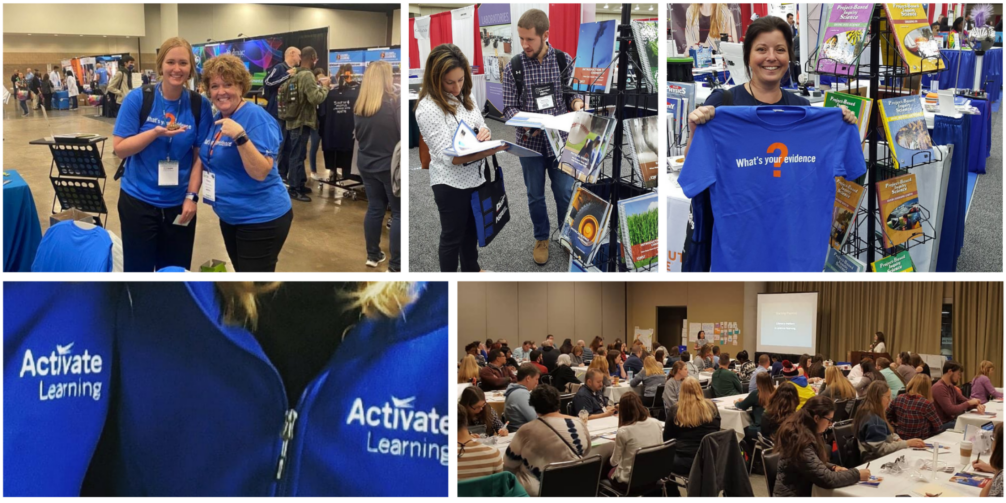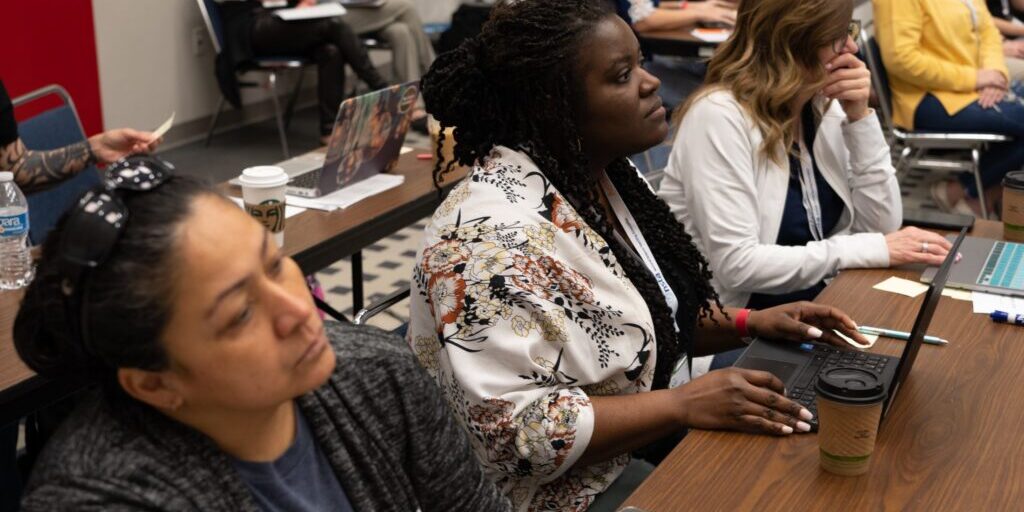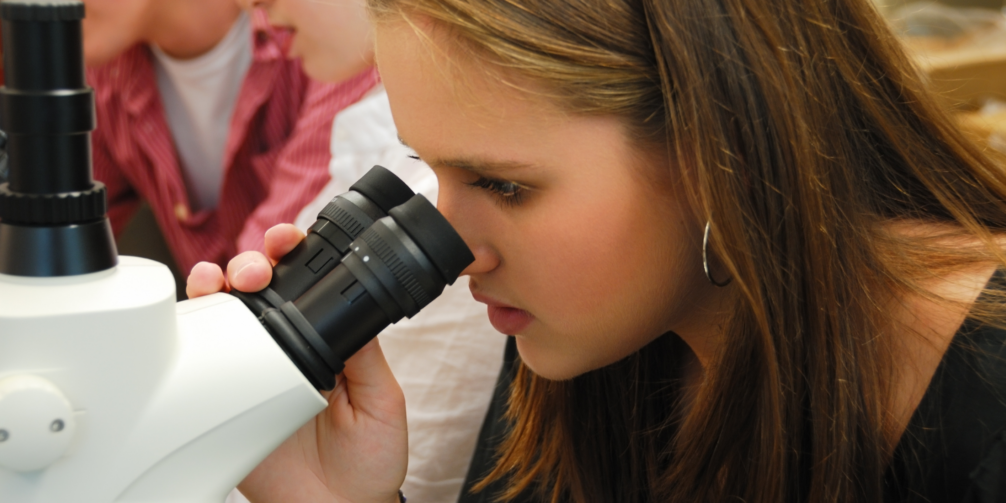Inspirational STEM Career Narratives: African-American Scientists and Mathematicians
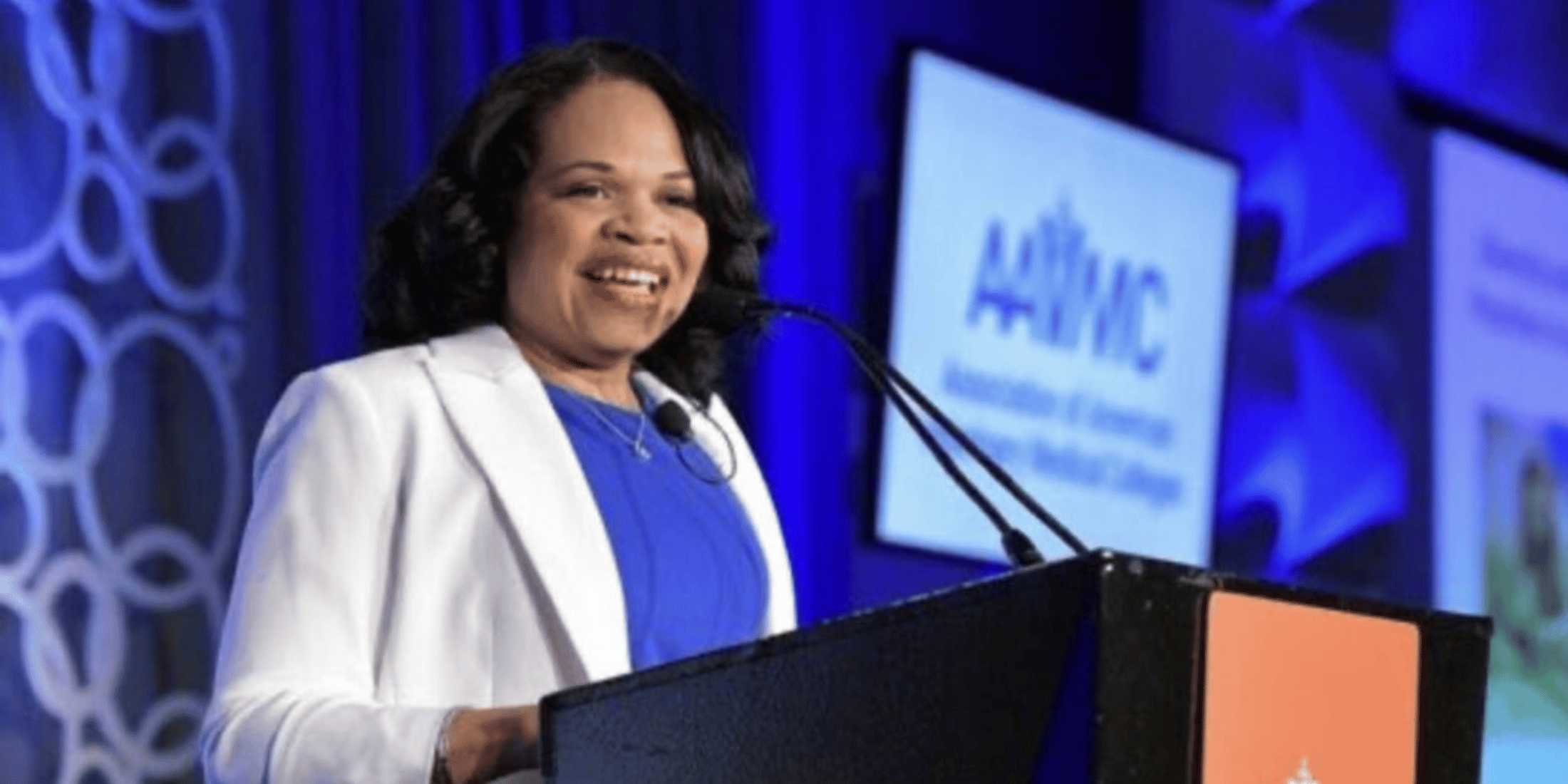
In honor of Black History Month in February, we invite you to join us to celebrate the accomplishments of African-Americans who have made an impact in STEM. Below you will find several inspirational STEM career narratives you can share with students in your classroom.
We would love for you to share your favorite article, picture or quote from an African-American in STEM and tag us on Facebook or Twitter.
Career Narratives: Share their story and inspire the next generation of leaders in STEM
Inspire your students with these STEM career narratives and celebrate the accomplishments of African-Americans who have made an impact in science, technology, engineering, and mathematics.
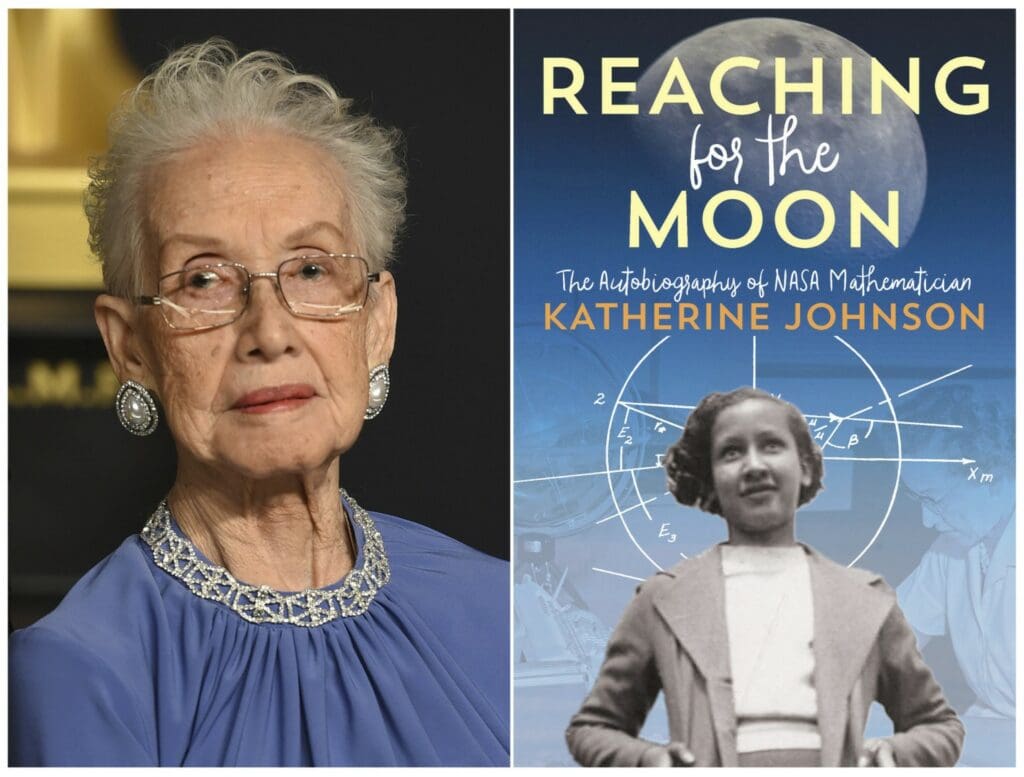
Meet Katherine Johnson. Johnson was an instrumental person in the group of “human computers” at NASA. As a child, Johnson loved numbers. She excelled so much at school that she was in high school by age 10! Following her love of math, she graduated from college by 18 and went to work. Katherine Johnson was the NASA mathematician portrayed in the hit movie Hidden Figures. This career narrative includes questions to inspire a meaningful classroom discussion about each student’s potential in STEM-related careers.
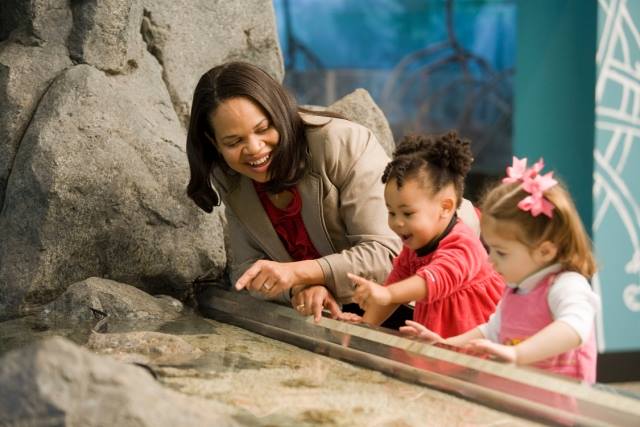
Dr. Ashanti Johnson is an inspiration and you can now share her story with your students. She was the first African American to earn a Ph.D. in oceanography and she currently works with minority students to help them gain exposure to scientific pursuits.
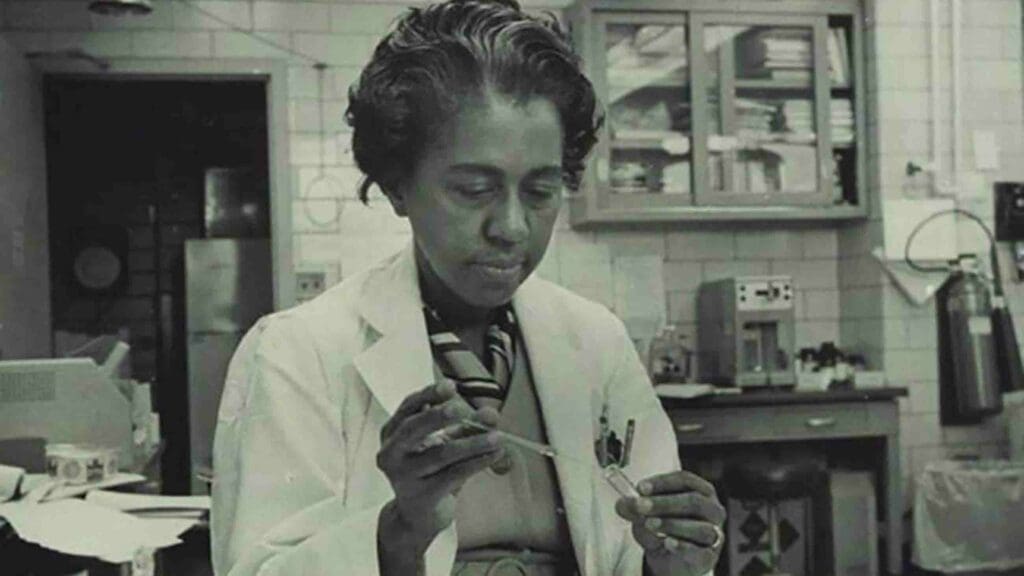
Dr. Marie M. Daly’s successful and groundbreaking career all started with a good education. She received her B.S. in chemistry from Queens College. She then received her M.S. in chemistry from New York University in one year. In 1947, Marie M. Daly made history when she received her Ph.D. from Columbia University. A passion for science and a love of learning helped her accomplish such a feat. Throughout her career, Dr. Daly made great discoveries in chemistry.
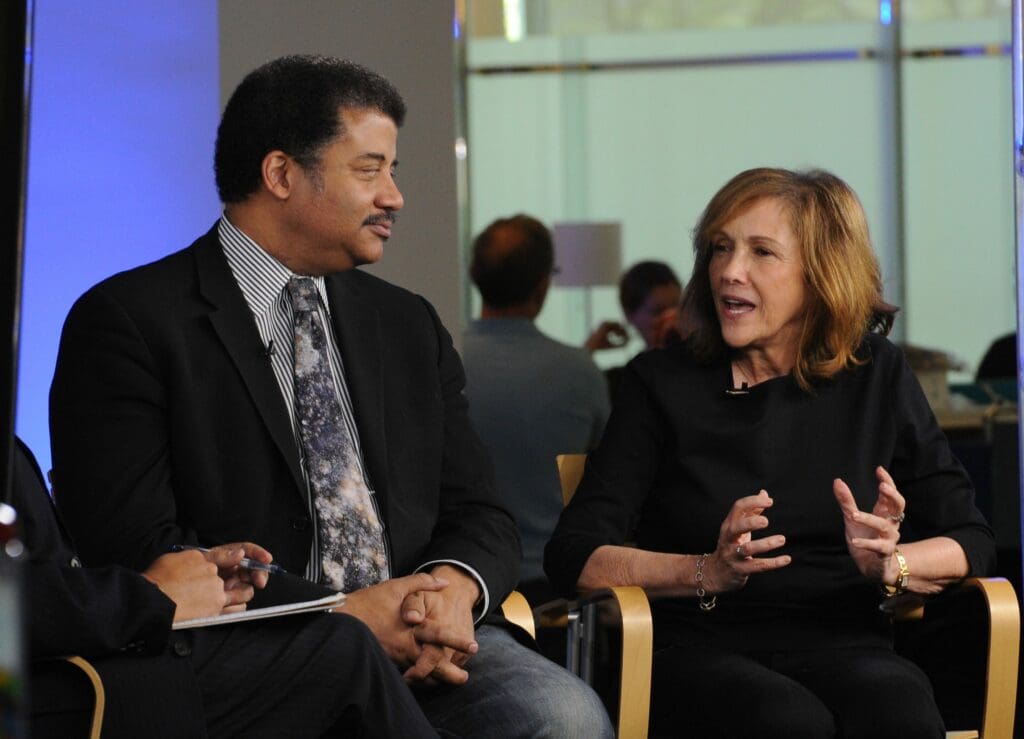
Dr. Neil deGrasse Tyson was not always the best student. As he went through school, some people discouraged him from becoming a scientist. But he was determined. He worked hard. Eventually, he earned a degree in physics, two more degrees in astronomy and astrophysics, and a PhD in astrophysics. He became the director of the Hayden Planetarium-the same place where he first saw the stars!
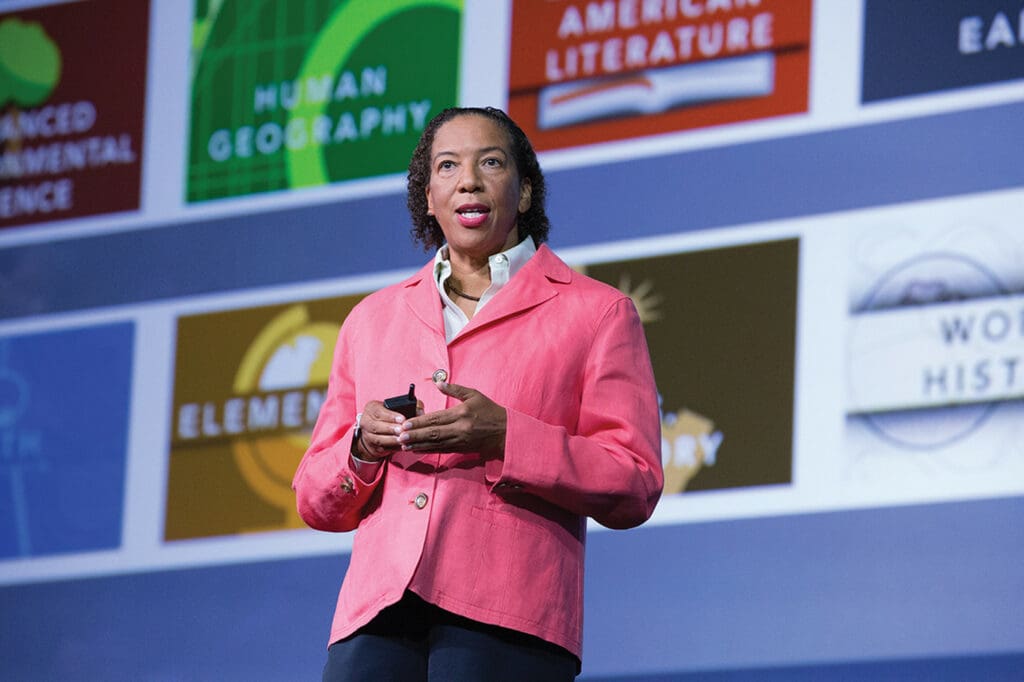
Dr. Dawn Wright grew up in Hawaii where she was surrounded by the ocean. As a child, she watched a television show called The Undersea World of Jacques Cousteau. Cousteau was a scientist and an ocean explorer. In each episode of his show, Cousteau explored environments and animals living in the ocean. He taught people about things they would probably never see. Dr. Wright’s enjoyment of the show sparked her passion of exploring the unknown!
Additional Career Narratives:
STEM Career Narratives: Celebrating Women in STEM
* * * * *


